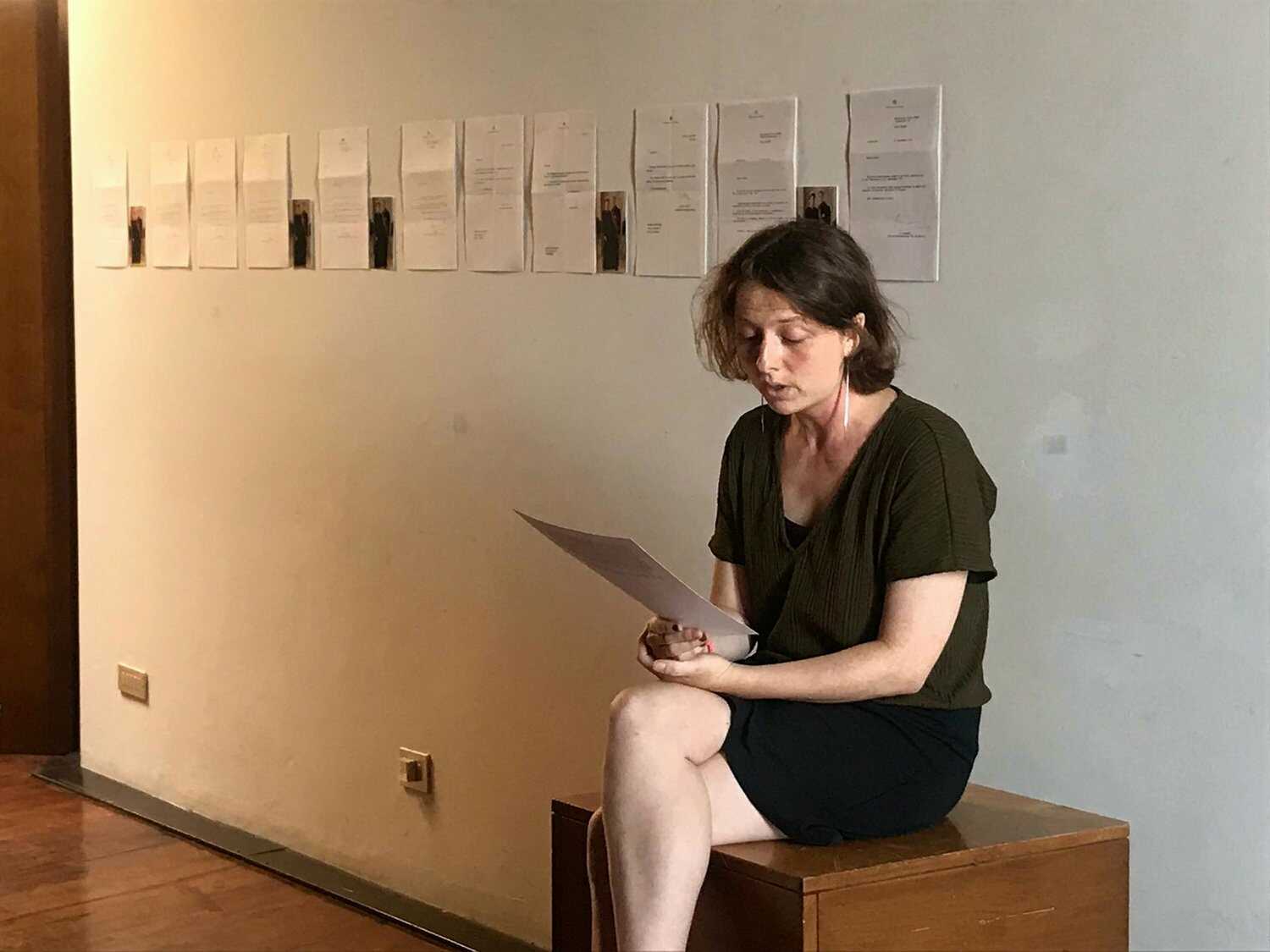Elien Ronse: A Thing as a Tool for Resistance
Thesis Supervisor: Ana Teixeira Pinto
Thesis: A Thing as a Tool for Resistance
Arnhem, July 2019
Abstract
“A Thing as a Tool for Resistance” explores how commodities can be deployed to counter dominant neoliberal formations. When the personal is considered political, then possessions are the means through which cultural hegemony asserts itself and dominant hierarchies seep through into everyday life. The following text analyzes strategies that negate the ideological instrumentalisation of things, it illustrates ways in which subjects disrupt domineering private or public routines. Firstly, actions are studied that happen prior to reification or alienation, before the production or trade of the object has taken place. The text discusses artists and theorists who have explored how doing nothing, being on strike, being lazy, and failing can be effective ways of refusing or defying reification before it even occurs.
Subsequently, strategies of change at the moment of production are examined, which directly influence the creation or shape of things. This is illustrated with widespread examples, such as “non-movement” or “homer-making,” which occur in different terrains and territories of life. Within these practices the adjustments to the objects are often small, almost insignificant, but on longer term crucial for change or survival of the subject. The third part of the thesis investigates actions taking place post-production or after the trade. Here different ways of narrativization are deployed, actions that shake up dominant routines in the personal and public by detouring the function of a thing. Ending happens with questioning what it means to do something in vain, as most of the previous strategies consciously strive for failure from the start. The thesis is a statement or a call for the necessity of actions that are seemingly invisible. Some strategies remain intimately tied to the personal sphere, having a mediated, rather than immediate relation with the political.
Author: Elien Ronse


